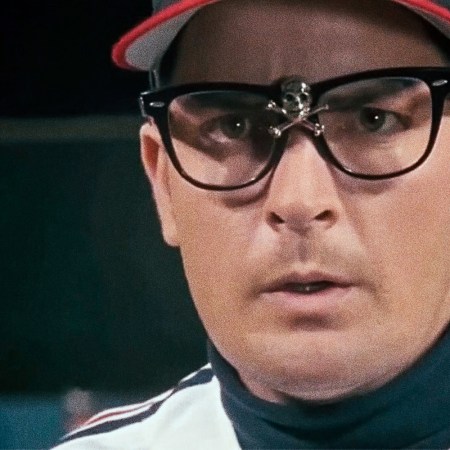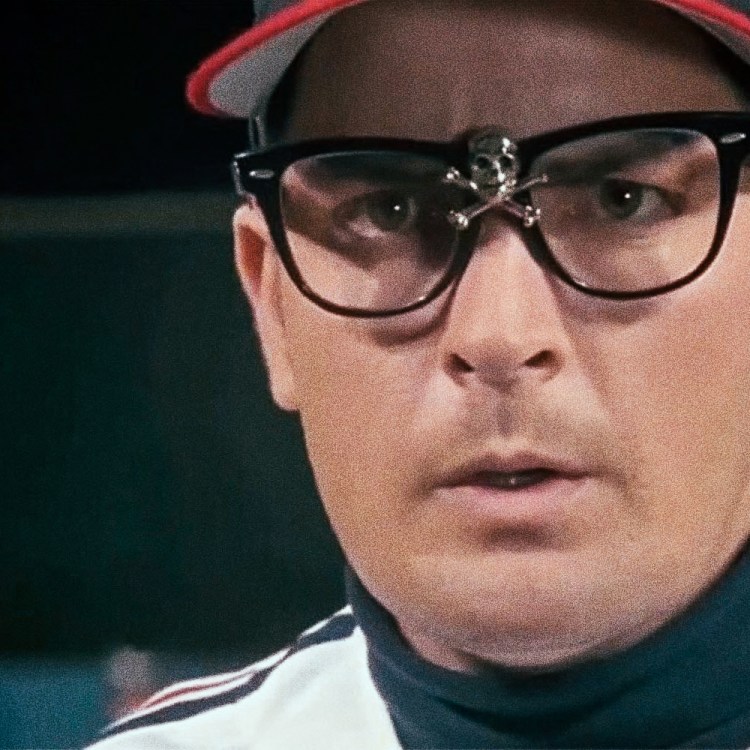After years of taking seconds, minutes and even hours from fans of Major League Baseball, MLB is finally giving back the most valuable resource in the world to its supporters: time. Days into spring training, the MLB pitch clock is already paying dividends, as the average game time has been cut from 3:01 last spring to just 2:39 in 2023. The clock — which gives the pitcher 15 seconds to throw the ball if the bases are empty or 20 seconds if there are runners on base and requires the hitter to be in the batter’s box with eight seconds left on the timer — helped reduce game time by 25 minutes in the minor leagues in 2022 and is poised to do the same thing for the majors in ’23. For proof that the pitch clock works and was needed, badly, look no further:
While not every MLB pitcher likes to work as slow Pedro “Human Rain Delay” Baez, pace of play has been a major problem for baseball in recent years as game times have grown longer while the average fan’s attention span has dropped. For baseball — which has seen its average fan age increase from 52 to 57 (the oldest average age among major American sports leagues) — to compete with sports that have fewer, and shorter, games, something had to give and it finally, mercifully has.
There have already been some bumps and there will be more along the way, but 90% of minor leaguers polled last year said it took them a month or less to adjust to the clock, and pitch timer infractions went from 1.73 per game in the first week in which the timer was in place to 0.53 per game by the sixth week, according to MLB.
There are going to be complaints and resistance to the clock, but the early results are proof that it is working and isn’t going anywhere anytime soon. Instead of fighting it, most would be wise to embrace the change the same way that New York Mets ace Max Scherzer apparently has.
The @StickyCheck Twitter Account Is Helping to Save MLB, One Tweet at a Time
Account creator Brendan Donley discusses one of the best follows on the MLB Twitter landscape“Really, the power the pitcher has now — I can totally dictate pace,” Scherzer said after his spring training debut. “The rule change of the hitter having only one timeout changes the complete dynamic of the hitter-and-pitcher dynamic. I love it. I can work extremely quickly, or I can work extremely slow. There is another layer here to be able to mess with the hitter’s timing. It’s a cat-and-mouse game. There’s rules and I’ll operate within whatever the rules are.”
Thank Babe Ruth that MLB finally got with the times and changed ’em.
Thanks for reading InsideHook. Sign up for our daily newsletter and be in the know.



















